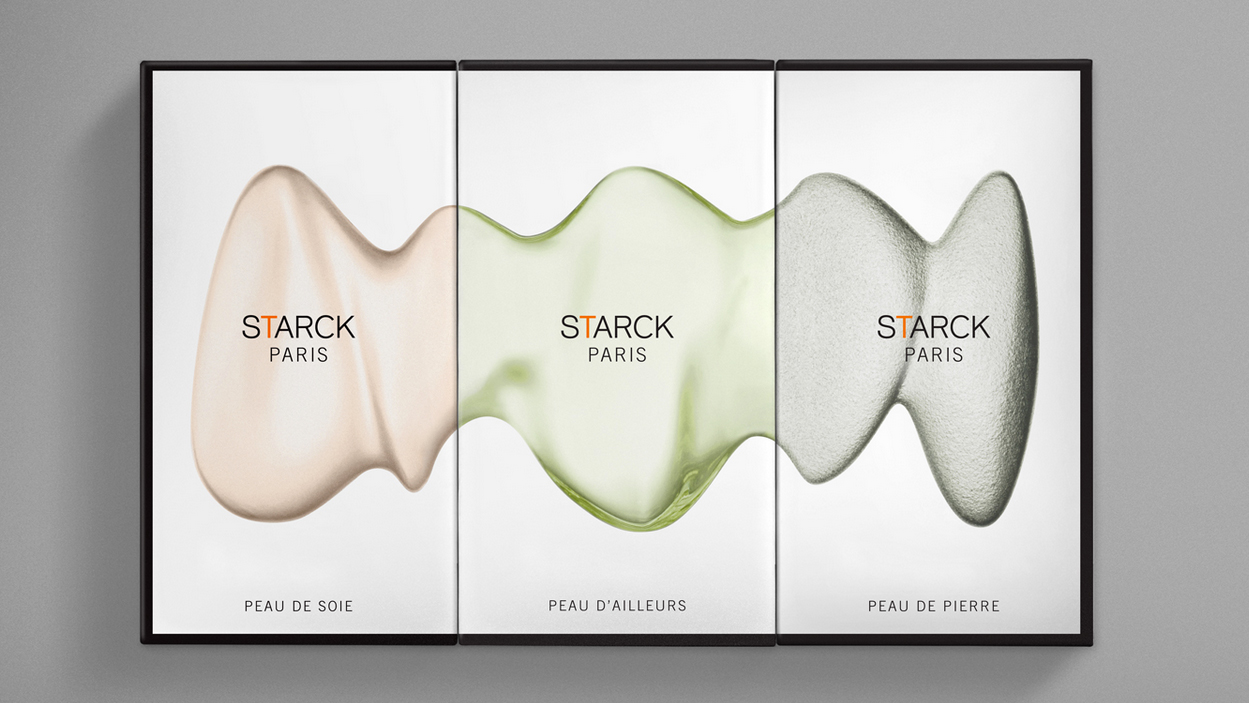The designer’s guide to Brexit
Strap in and prepare yourself for the unknown future of life outside the EU with our pro advice.
Recruitment issues can affect the creative output and operating model of a creative agency, while client acquisition and retention naturally have an impact on the longevity of the business, as well as its profitability.
But Brexit may also have an effect on other aspects of your bottom line: from fluctuating exchange rates to operating costs, as well as client budgets that can be tied to much larger economic forces.
Let's see what all of this could mean for creative businesses.
Keep an eye on the market
EU law expert Michael Dougan contests that the primary goal of Brexit negotiations is not to improve trading conditions with the EU, but rather to minimise the mutual loss of market access. And the outcome will have a knock-on effect on various industries, including design.
“In less than two years’ time, the regulatory conditions for UK companies doing business across Europe, and vice versa, are set to become substantially less favourable than they are now,” Dougan explains.
“That will actively create a vast array of barriers to trade. At best this will increase costs, and at worst it will seal off markets. Different sectors will obviously be impacted in different ways and to different degrees, but the overall effect is not in doubt.”
Pay attention to fluctuating exchange rates
One spin-off of working with overseas clients as a UK studio, of course, is payment in different currencies – which can be both a blessing and a curse, particularly given the effect of news such as Brexit on the financial markets.
Get the Creative Bloq Newsletter
Daily design news, reviews, how-tos and more, as picked by the editors.

At GBH, 45 per cent of billings are in Euros, and a further 20 per cent are in other global currencies. “I expect overseas clients to move towards paying directly in GBP, if the value of the pound continues to fall,” suggests Mark Bonner. “For now, well-judged Forward Exchange contracts are our friends.”
Rose bills less than five per cent in Euros, but US Dollars accounts for up to 20 per cent of its business. The studio experienced the effect of the erratic GBP-USD exchange rate first-hand on one large Stateside project this year, during which the dollar fluctuated from 1.35 to 1.16 against the pound over the course of the eight-month process.
“We billed each stage on completion, so the rate of exchange was quite different at each payment,” recalls Elliott. “Despite anticipating – and allowing for – currency fluctuation within our initial cost estimates and agreed budgets, it was a bit of a rollercoaster and made us pay a lot more attention to foreign exchange rates than we ever thought we would.”
Use a weak pound to your advantage
A weak national currency can have upsides as well as downsides, most notably in that it makes UK businesses seem more affordable to overseas clients where the exchange rate is more favourable.
“We’ll continue to be an attractive option for a while yet, to potential European clients wanting to buy the best of British design,” predicts Elliott. “Beyond that, it’s difficult to legislate for how tough the EU will choose to be, and how much red tape it will put in place, to make access to working with us less attractive for member countries.”

“The depressed GBP value against the Euro and USD has made us more attractive to EU, US and Asian clients,” confirms Bonner. “We want our clients to continue to see us as terrific creative partners, and great ROI for their businesses. We have been selling Euros and USD in the Forex markets for more than 15 years, so often maximise this opportunity.”
Johnson Banks has also witnessed the effect, and many of the studio’s recent clients have been Stateside. “A weakened pound does technically make us ‘cheaper’ to overseas clients in the short term,” Johnson concedes, “but I’m sorry to say that I think the UK will be financially, culturally and philosophically weaker for leaving the EU within five years.”
Consider economies of scale
Small businesses such as Johnson Banks certainly have fewer overheads, are less dependent on bringing in large contracts to keep staff in work, and are arguably less exposed to market forces that could buffet a larger business from all sides. “I think we will ride it out,” predicts Johnson.

WPP has taken the opposite approach, with the recent announcement that The Partners, Brand Union, Lambie-Nairn, Addison Group and VBAT will all merge into a new 750-strong super-agency in 2018.
“This is not as a result of Brexit, but in response to the changing needs of clients and the opportunity for growth and creative impact on a large scale,” explains Stuart Radford.
“The new company will operate throughout 20 countries, so that, as a business, we will be less reliant on what’s happening within the UK – positioning us well to weather any potential downturn in the UK economy.”
Next page: How creatives can prepare for the future

Thank you for reading 5 articles this month* Join now for unlimited access
Enjoy your first month for just £1 / $1 / €1
*Read 5 free articles per month without a subscription

Join now for unlimited access
Try first month for just £1 / $1 / €1
Current page: Brexit: Cashflow and profitability
Prev Page Brexit: Winning and retaining clients Next Page Brexit: Prepare for the future
Nick has worked with world-class agencies including Wolff Olins, Taxi Studio and Vault49 on brand storytelling, tone of voice and verbal strategy for global brands such as Virgin, TikTok, and Bite Back 2030. Nick launched the Brand Impact Awards in 2013 while editor of Computer Arts, and remains chair of judges. He's written for Creative Bloq on design and branding matters since the site's launch.
